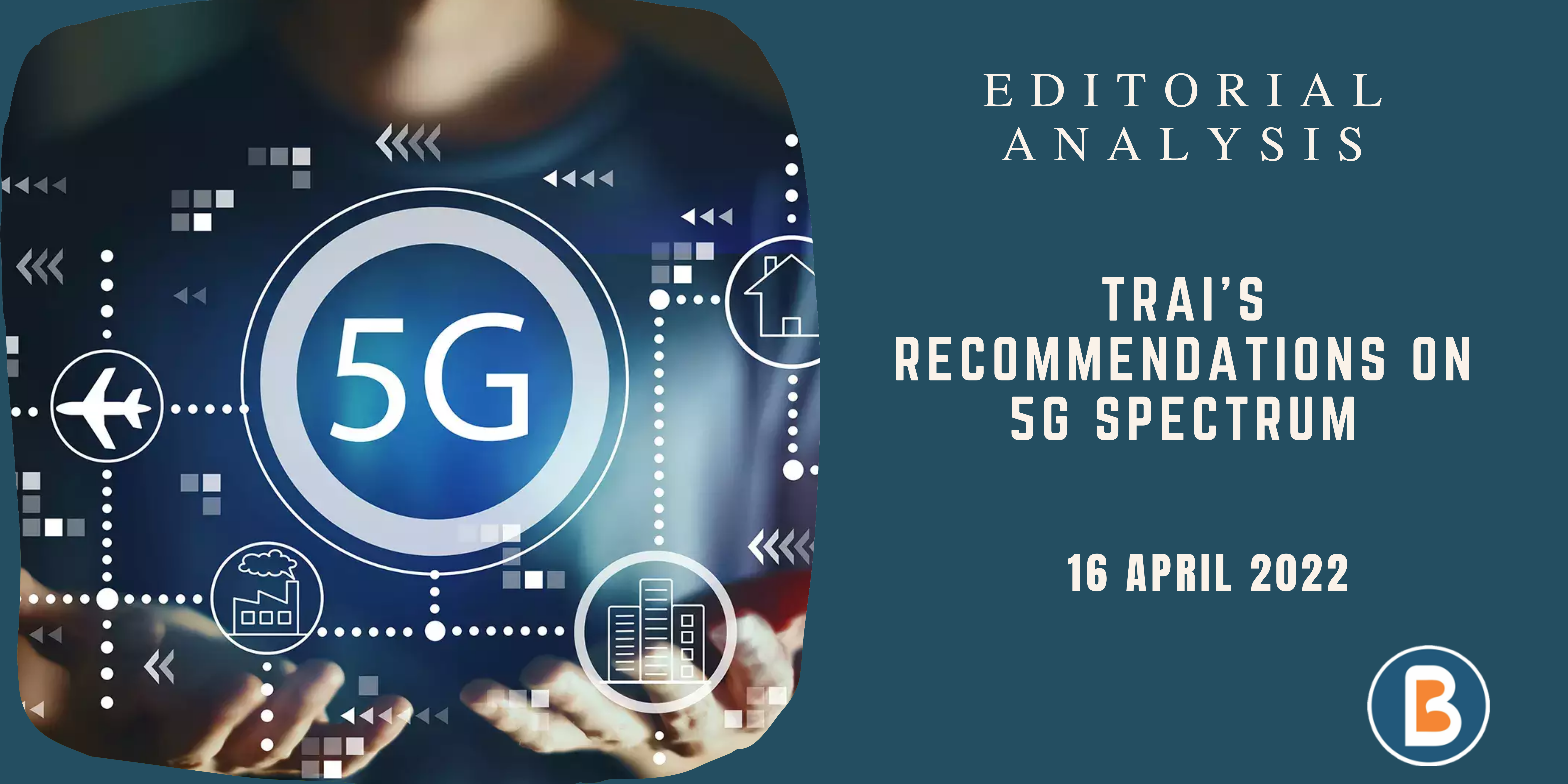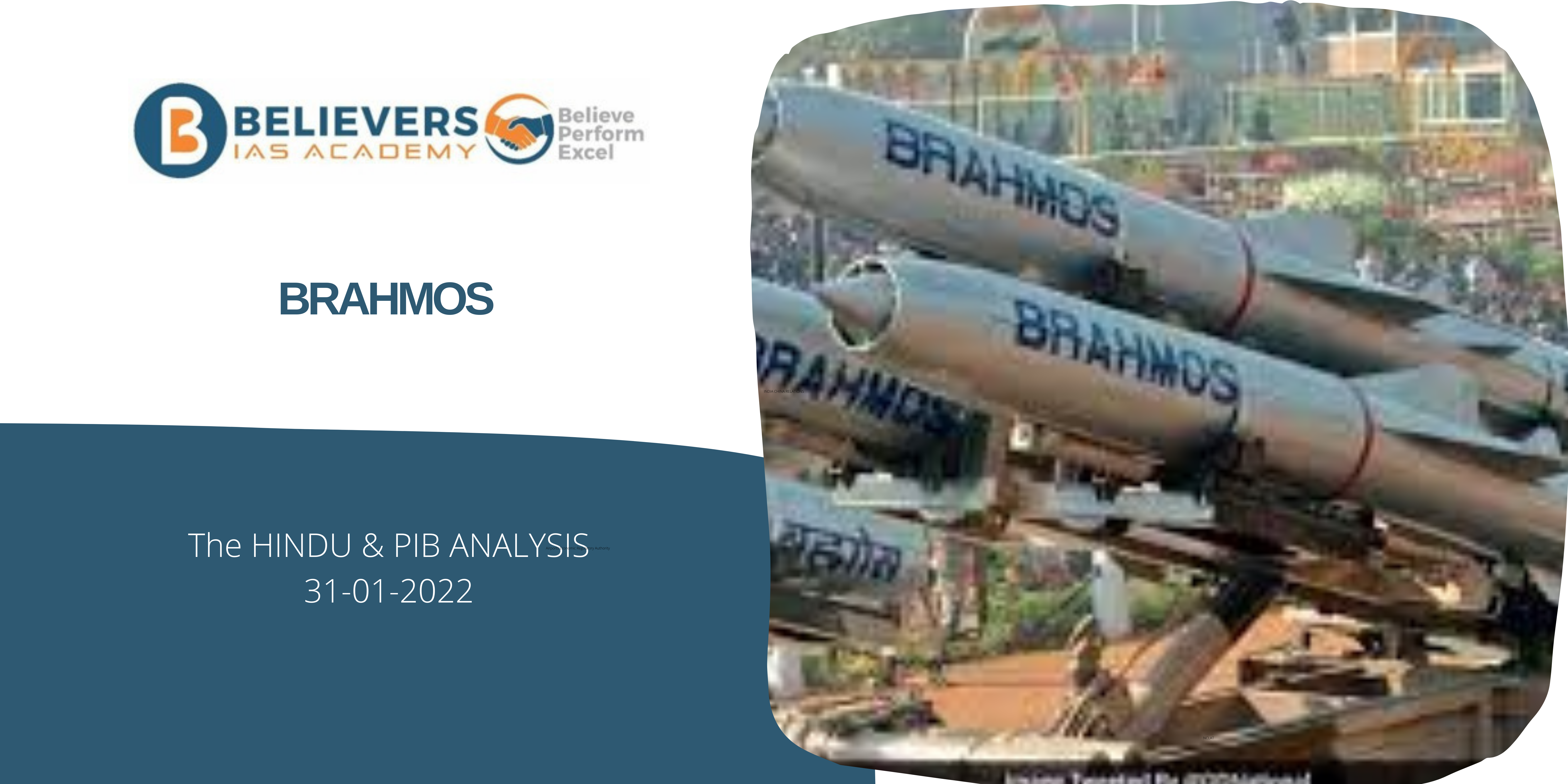India- Russia: Renewing ties
Context:
India and Russia’s diplomatic efforts to reinvigorate ties have taken center stage with External Affairs Minister S. Jaishankar’s extensive five-day visit to Russia. This visit holds particular significance as it unfolds against a backdrop of evolving global dynamics and altered geopolitical landscapes.
Relevance:
GS – 2 (Groupings & Agreements Involving India or Affecting India’s Interests)
Mains Question:
- Examine the recent developments in India-Russia relations and the key agreements that both the nations have signed and assess the challenges and opportunities in the bilateral relationship, considering the evolving global geopolitical scenario. (250 words)
Dimensions of the Article:
- Navigating Post-Ukraine War Perceptions
- Multilateral Cooperation and Global Coordination
- Russia’s Significance for India
Navigating Post-Ukraine War Perceptions:
- Speculations about strained ties post the Ukraine war gain momentum due to Prime Minister Narendra Modi’s absence from the annual leadership summit for two consecutive years.
- Jaishankar’s mission primarily focuses on addressing these perceived differences, ensuring that the bilateral relationship remains resilient.
- Key Agreements: Collaborative efforts on future Kudankulam nuclear power projects, enhanced connectivity, trade facilitation, and discussions on the Eurasian Economic Union-India free trade agreement highlight the commitment to deepening ties.
- S. Jaishankar’s announcement regarding the continued increase in imports of Russian hydrocarbons signals India’s resilience against Western sanctions.
- This stance emphasizes the enduring strength of the bilateral relationship, unaffected by external political fluctuations.
Multilateral Cooperation and Global Coordination:
- Beyond bilateral dimensions, India and Russia affirm their commitment to multilateral cooperation.
- As Russia gears up to host the expanded BRICS summit, the coordination at global forums like the UN and SCO remains robust. This collaborative spirit reflects shared interests in navigating a complex geopolitical landscape.
Russia’s Significance for India:
- Amidst heightened tensions with China, Russia’s role becomes crucial in defusing conflicts, as demonstrated by its facilitation of a trilateral meeting among the foreign ministers of Russia, India, and China after clashes in eastern Ladakh.
- Beyond traditional sectors like weaponry and energy, new avenues in mining, agro-industrial, and high technology, including robotics and biotech, are expected to strengthen economic ties. India’s involvement in the Russian Far East and Arctic is poised for expansion.
- Collaborative efforts between India and Russia focus on addressing challenges in Afghanistan, emphasizing the need for the early finalization of the Comprehensive Convention on International Terrorism.
- Russia advocates for India’s permanent membership in a reformed United Nations Security Council and the Nuclear Suppliers Group, showcasing support at key multilateral forums.
- Despite a decline in Russia’s share of India’s arms imports, the historical military partnership endures, with India importing arms worth USD 35 billion from Russia in the last two decades, reinforcing Russia’s position as a significant arms exporter to India.
Way Forward and Conclusion:
- As the geopolitical and strategic landscape undergoes rebalancing, India and Russia stand poised to navigate these changes together. The diplomatic endeavors exemplified by Jaishankar’s visit provide a foundation for sustained collaboration, reinforcing the notion that certain alliances remain unwavering constants amid the fluidity of global politics.




